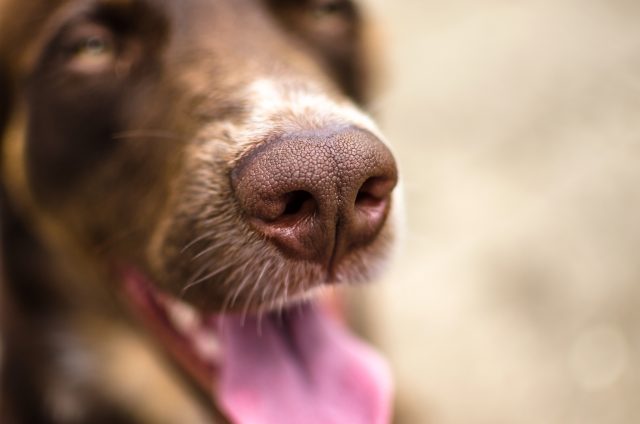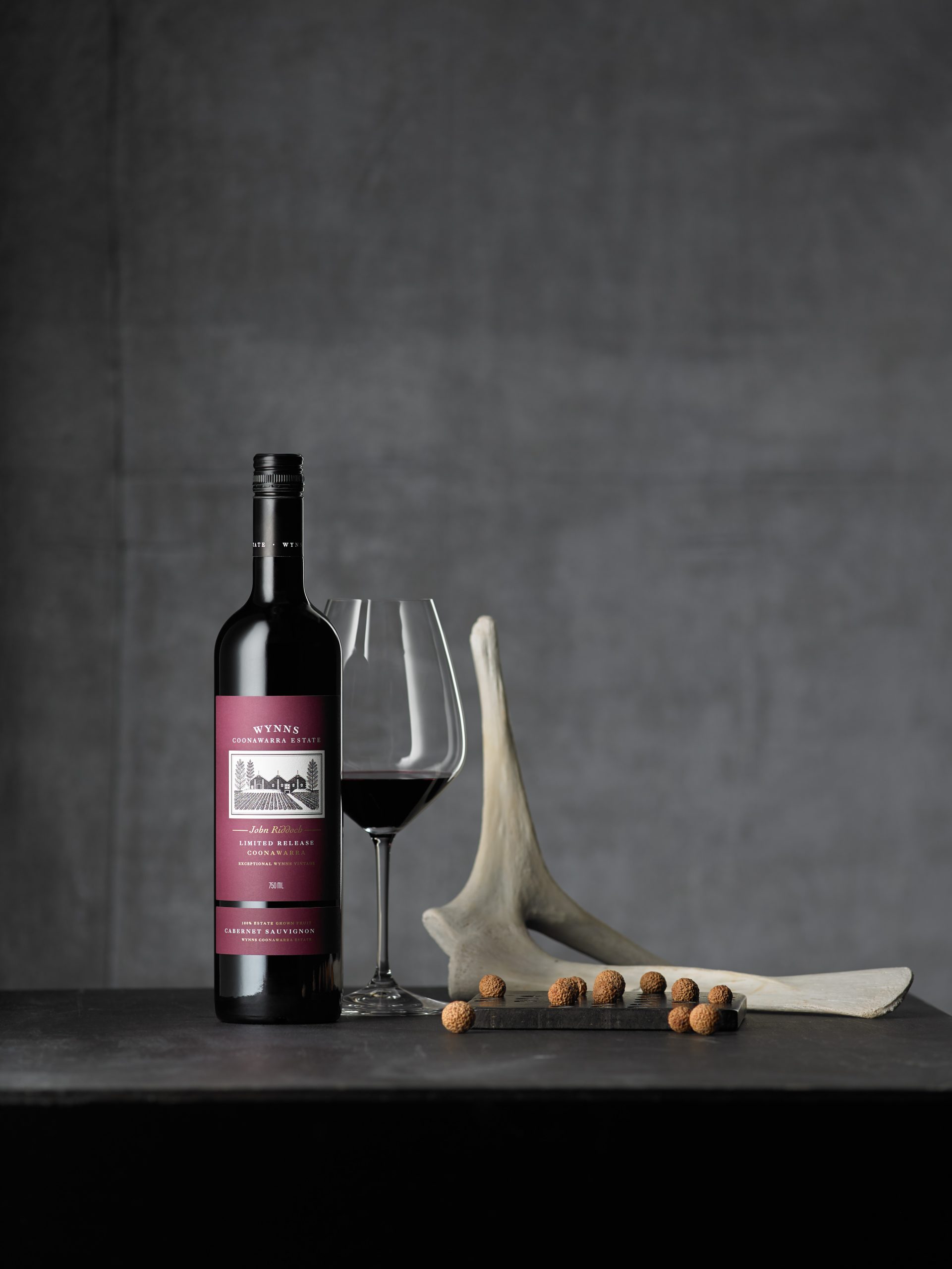Detector dogs are sniffing out grapevine disease
Meet Malbec, Sauvi B, Cab and Zinny — the four detector dogs trained to sniff out grapevine disease in California.

A new pilot project taking place in California has come to a close concluding that canines can detect vine mealybugs and leafroll viruses in grapevines.
Four new detector dogs have been trained in grapevine disease detection as part of the pilot project.
Malbec, a black Labrador, and Sauvi B, an Engish Springer Spaniel, were responsible for hunting for mealybugs. Meanwhile Cab, a German Shorthaired Pointer and Zinny, another English Springer Spaniel, set to work detecting leafroll virus.
The trial was funded with a US$428,111 (£343,000) grant from the California Department of Pesticide Regulation.
Stephanie Bolton, grower research and education director and sustainable winegrowing director at Lodi Winegrape Commission, worked on the polit project. She said the goal of the trial was to have “real-time non-destructing early detection affordable and accurate of these viruses”.
Partner Content
Training detector canines would be an effective method of avoiding vine disease, the pilot study has shown. Cab and Zinny were able to detect leafroll 3 viruses in 93.4% of cases, according to its results. The dogs ruled out the presence of the virus nearly 100% of the time.
Fellow canine workers Malbec and Sauvi B detected the presence of vine mealybugs with 97.3% accuracy and ruled out an infection nearly 100% of the time.
Training dogs to sniff out disease is also an economical method of tackling the problem. According to Wine Business, where this story was first reported, a 40-acre (16ha) vineyard screened over two days with one handler and two dogs would cost approximately US$5,200 (£4,169). The screening would entail about 27,000 vines. Under that scenario, the canine programme would cost less than $0.25 per increase block vine and less than $0.01 per finished vine.
Next steps
Questions remain over how further training would be funded and rolled out. Bolton argued that the dogs, who came from as far as Canada and Hungary, would be most effective in sniffing out disease in vine nurseries. This would bring the most value to the wine industry, she said.
“We are not going to get ahead of this challenge if we keep planting infested and infected vines,” Bolton said, suggesting that the issue needs to be tackled before vines are planted.
If funding is not secured the dogs will be retrained for other purposes.
Related news
Castel Group leadership coup escalates
For the twelfth day of Christmas...
Zuccardi Valle de Uco: textured, unique and revolutionary wines




